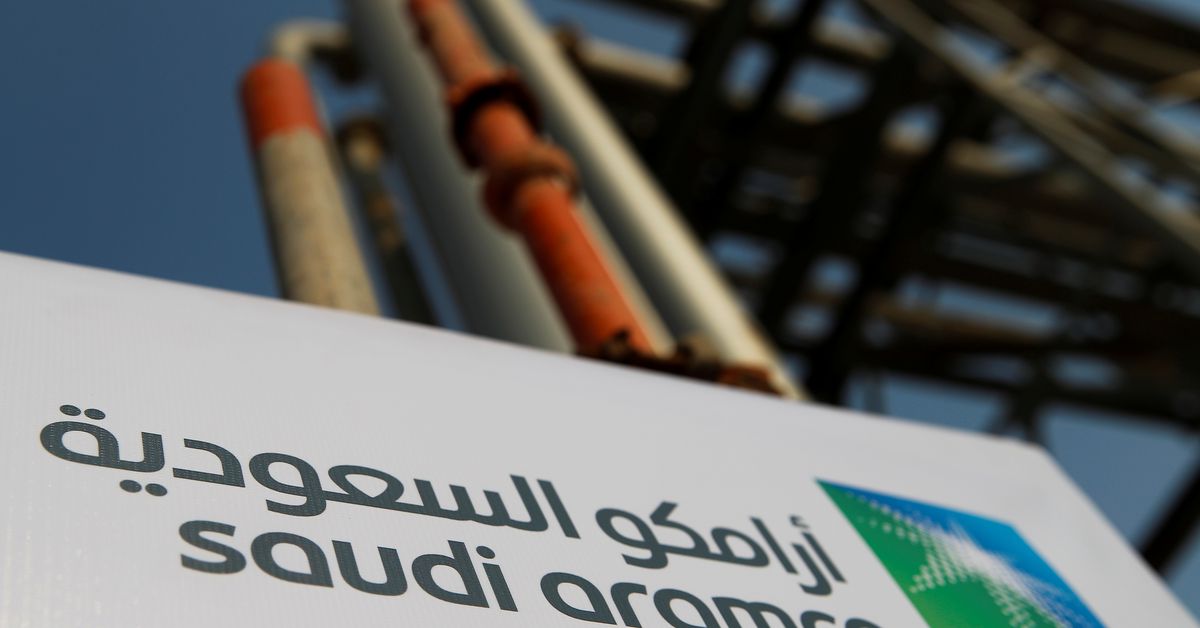Exclusive: Renault, Geely look to bring Aramco into engine venture, sources say

BEIJING/PARIS, Jan 17 (Reuters) – Renault SA (RENA.PA) and China’s Geely Automobile Holdings (0175.HK) are working to finalise a deal to bring Saudi Aramco (2222.SE) in as an investor and partner to develop and supply gasoline engines and hybrid technologies, three people with knowledge of the talks said.
The Saudi oil producer has been involved in advanced discussions to take a stake of up to 20% in a previously announced but still-unnamed Geely-Renault powertrain technology company that the automakers are working to establish, the three people told Reuters.
Big oil firms have worked with automakers to develop sustainable fuels and hydrogen engines in recent years.
But if a deal is agreed, Aramco would be the first major oil producer to invest in the car business, as the rise of electric cars threatens to cut demand for conventional fuels.
According to a document prepared by the companies and viewed by Reuters, the aim is to establish a powertrain company this year with a production capacity of more than 5 million “low-emission and hybrid engines and transmissions” annually.
A 20% stake for Aramco would leave Renault and Geely with 40% each in the joint venture, which would combine a carve-out of the French automaker’s existing combustion-engine production with Geely’s gasoline and hybrid technology and related assets, the people told Reuters.
Renault and Geely both declined to comment. Aramco did not immediately respond to a request for comment from Reuters.
The new joint-venture – codenamed “Horse” by Renault and “Rubik” by Geely – is aimed at developing more-efficient gasoline engines and hybrid systems at a time when the focus of much of the automobile industry has been on the capital-intensive transition to purely electric vehicles, two of the people said.
The financial terms of the potential investment by Aramco in the joint venture were not immediately known.
According to the document, Aramco’s investment would be used to support development of decarbonisation technologies for gasoline engines.
Aramco would also contribute to research and development of powertrain technologies, especially synthetic fuel solutions and next-generation hydrogen technologies, the document said.
The people who described the outline of the deal being negotiated asked not to be named because it has not been announced.
Last year, Aramco announced a partnership with Hyundai Motor Co (005380.KS) to study advanced fuels that could be used in hybrid engines to reduce CO2 emissions.
SUBJECT TO BOARD APPROVALS
Aramco’s deal with Geely and Renault still needs approval by the boards of the automakers, one of the people said. The three companies are working to complete a letter of intent in the coming weeks, one of the sources said.
Geely and Renault when they announced the new venture last year said it would employ 19,000 people at 17 powertrain factories and three research and development hubs.
By carving out its internal-combustion-engine business, Renault plans to focus on electric cars, part of the French automaker’s effort to revamp its alliance with Nissan Motor Co (7201.T).
As part of that, Renault is trying to convince Nissan to invest in its new electric vehicle unit.
For Geely, the deal with Renault extends its pattern of building partnerships to expand beyond China.
A strategic focus for the joint venture will likely be on an advanced four-cylinder engine, two of the sources said.
One way to use those engines would be as a dedicated power generator to supply a charge to a hybrid car’s battery system, rather than powering the vehicle directly when the battery charge was low, one of them said.
In that kind of arrangement, gasoline engines could be designed to operate in an “exceptionally efficient mode”, one of the sources said.
Geely previously announced a hybrid gasoline engine development deal with Mercedes-Benz (MBGn.DE) and holds a stake in the German automaker.
The new Geely-Renault joint venture is not the only company betting on the view that fuel-efficient hybrids will remain part of the mix even as more automakers roll out electric vehicles.
Toyota Motor Corp (7203.T) CEO Akio Toyoda has defended his company’s continued investment in hybrids, such as the Prius, saying that electric vehicles remain expensive and that charging infrastructure is incomplete.
Reporting by Norihiko Shirouzu in Beijing, Gilles Guillaume in Paris, and Maha El Dahan in Dubai; editing by Bradley Perrett and Jason Neely
Our Standards: The Thomson Reuters Trust Principles.






